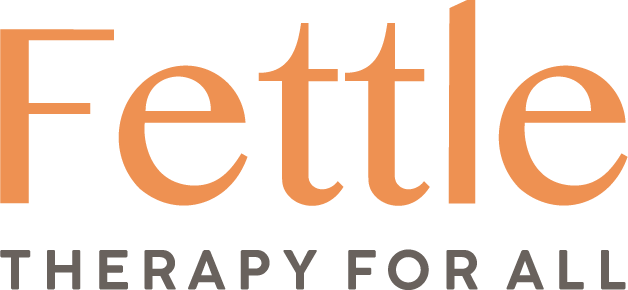Unlocking Mental Wellbeing: The Power of Integrating Psychotherapy and Complementary Therapies
In holistic well-being, psychotherapy and complementary therapies present a powerful synergy for enhancing mental health and overall wellness. While complementary therapies like floatation therapy, meditation, and yoga offer profound relaxation and physical benefits, incorporating psychotherapy can amplify the positive outcomes of these practices, fostering a deeper understanding of the self and facilitating profound emotional healing. Delving into the intersection of psychotherapy and complementary therapies reveals a dynamic collaboration that nurtures relaxation, self-awareness, and personal growth.
The Parallels Between Psychotherapy and Floatation Therapy:
In exploring the correlation between psychotherapy and floatation therapy, it becomes evident that both modalities share common ground in fostering a sense of introspection and inner exploration. Floatation therapy, known for its use of sensory deprivation tanks, offers individuals a unique opportunity to disconnect from external stimuli and immerse themselves in profound relaxation.
Similarly, psychotherapy, through its various techniques and methodologies, encourages individuals to delve into their subconscious, allowing for the exploration of deep-rooted emotions and thought patterns. Both therapies provide a space for individuals to confront their innermost selves, promoting self-reflection and heightened self-awareness.
Enhancing Relaxation Through Working with a Therapist:
Working with a skilled therapist can significantly enhance relaxation by cultivating a safe and non-judgmental environment for emotional expression and exploration. The therapeutic alliance allows individuals to express their thoughts, feelings, and experiences freely, leading to a heightened sense of emotional release and catharsis. Through various therapeutic techniques such as talk therapy, cognitive-behavioural therapy (CBT), and mindfulness-based approaches, individuals can learn effective coping mechanisms, develop a deeper understanding of their emotional triggers, and cultivate a greater sense of inner peace and tranquillity.
Top Therapies for Improving Relaxation:
1. Art Therapy: Utilising creative expression as a means of self-exploration and emotional release, art therapy fosters relaxation by allowing individuals to channel their thoughts and emotions into artistic creations. Through painting, drawing, or sculpting, individuals can tap into their subconscious, unravelling intricate emotions and fostering a sense of calm and introspection.
2. Music Therapy: Harnessing the power of sound and rhythm, music therapy offers individuals a pathway to relaxation and creativity. Engaging with musical instruments, listening to calming melodies, or even composing music can facilitate emotional expression and promote inner peace and tranquillity.
3. Mindfulness-Based Stress Reduction (MBSR): Integrating mindfulness practices such as meditation and gentle yoga, MBSR aids in reducing stress and enhancing relaxation. By fostering a heightened sense of present-moment awareness and promoting acceptance of one's thoughts and emotions, MBSR facilitates emotional equilibrium and nurtures a creative and relaxed state of mind.
The collaboration of psychotherapy and complementary therapies presents a compelling approach to holistic well-being, emphasising the significance of addressing both the mind and body in pursuing mental and emotional equilibrium. Through this integration, individuals can embark on a transformative journey of self-discovery, fostering creativity, relaxation, and overall personal growth.
Drift is offering a 10% discount for all float therapy sessions and gift cards for new park sports centre users to use anytime!
Use code FETTLE for 10% off all floats and float vouchers
Find out more about Drift Float Therapy by checking our their website: https://driftfloattherapy.ie/

